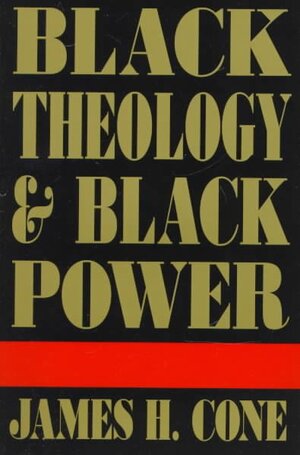I'm reading the introduction, and this comic is pretty accurate. One paragraph is compelling and then the next is the most virulent racism you could possibly write. Some of his conclusions seem to be ignorant of the very thing he just wrote as he is completely blinded by the superiority of Germans or some shit.
Big ![]() energy
energy
it's always nice to remember that a lot of the time, the bits in between the known pages of philosophers is often like 300 pages of extreme racism before their next good idea TM
The ratio of racist to interesting in this text isn't quite that high, otherwise I'd have stopped reading it quickly. I did put it down halfway though after reading several pages of garbage, and then picked it up again once I forgot about it.
Hegels racism was pre-darwinian too, so it gets real weird.
damn that mneans karl marx had to read through at least 300 pages of extreme racism before stopping, hmmm
Cedric Robinson thought that an unconscious German nationalism on Marx and Engles' part hindred their analysis of nationalism, so there's that.
That's mildly true in their early years, but it's overstated, and it was completely excised after the failures of 1848
I remember when I was reading Schopenhauer's World as Will and Representation and Artie is talking about some deep stuff but then suddenly jumps into a rant about Jews.
Wild.
Martin Luther 1523:
If I had been a Jew and had seen such dolts and blockheads govern and teach the Christian faith, I would sooner have become a hog than a Christian. They have dealt with the Jews as if they were dogs rather than human beings; they have done little else than deride them and seize their property.
from "That Jesus was born a Jew"
Martin Luther 1543:
On the Jews and Their Lies
from "On the Jews and Their Lies"
marty really hit his stride after getting adopted by germanic princes that were really into not paying the church but still really hated jewish people
Man Martin Luther was my first role model, I guess you shield your child from certain realities until they become a bit older. I was taught in sunday school about him all the time. About his views on forgiveness (freely given, not earned) on baptism (choosing a religion must be a free choice) and so on. Then one day me and my dad are discussing Dietrich Bonhoeffer and the role of the church in Nazi Germany when I think 13 year old me still full in fanboy mode says "Man if only Martin Luther had been alive to see what became of the church he founded, he'd have put a stop to this". The moment my dad looked at me with sad pity and started off with this "Well.." was just brutal. Like full on https://www.youtube.com/watch?v=fXLicO0CRvk .
Good wake up call though, if someone as learned and critical of his own belief as Martin Luther could succumb to what is in my view such an obvious sin, then what kind of brainworms might be lurking in my mind??
Also important to note Hegel purposefully wrote to obfuscate the meaning in his books so that poor or uneducated people wouldn't understand it and the academics would have to teach classes on it to grasp his meaning
Marx yoinked dialectics from his back pocket and made it materialist instead of idealist.
Or the comic represents the most common misunderstanding of Hegel's philosophy of history.
Imao it's not really his point to say that the spirit of his time was the absolute ideal, but that doing (philosophical) history we can't help but look back at those past people and spirits always somehow misunderstanding how it's actually supposed to be. After all, only in looking back does it make sense to talk of the progress of reason on a world-historical basis. So I'm in favor of saying that Hegel is performing that insight in his lectures when he comes to say that the spirit of his time and place with all its blablabla embodies the absolute ideal. The progress of reason is indefinite, and all we can hope for is to become free, that is to become self-conscious, or to know ourselves in virtue of recognizing our thoughts in the world surrounding us -- recognizing we're a product of that world with all that implies, while also being part of producing that world through action.







